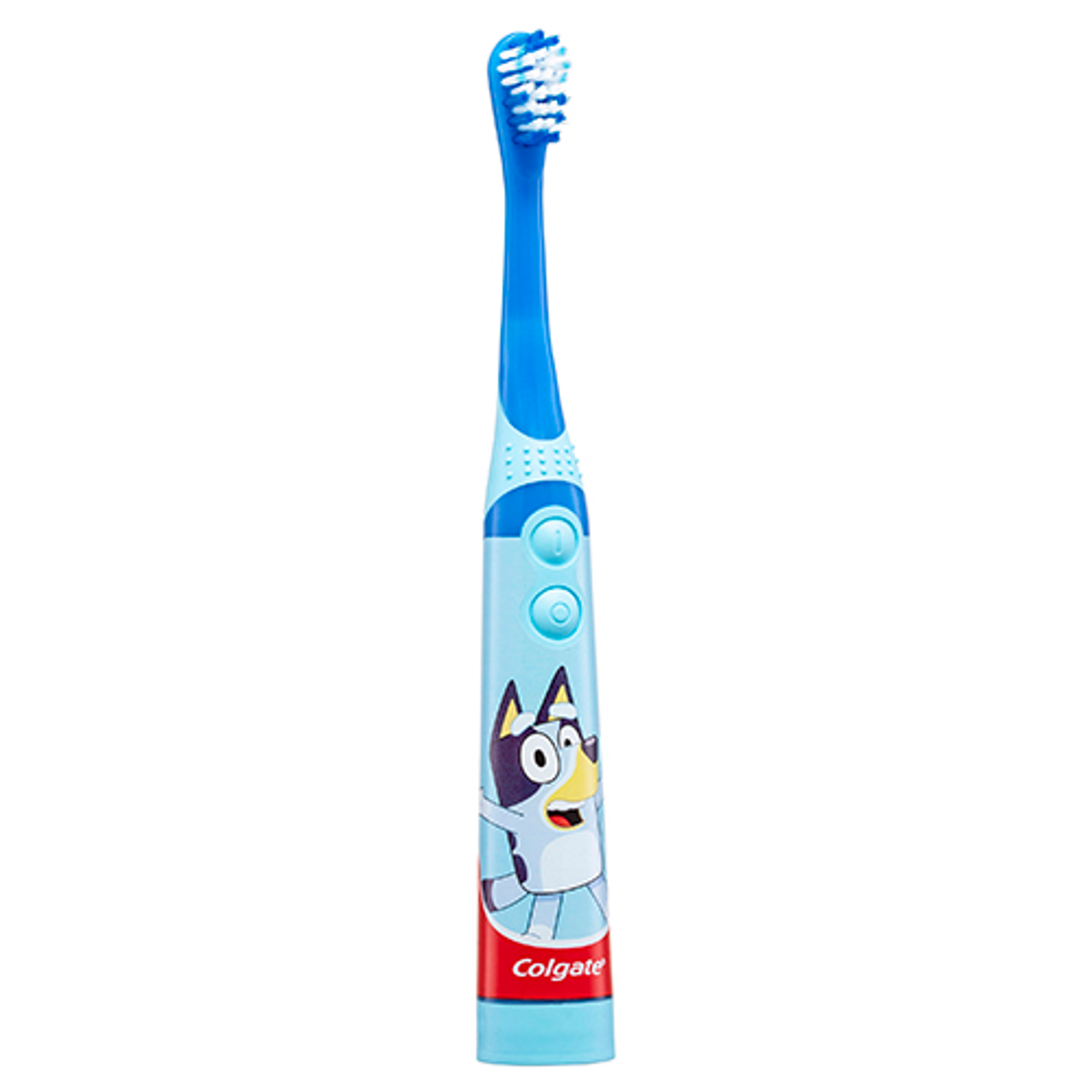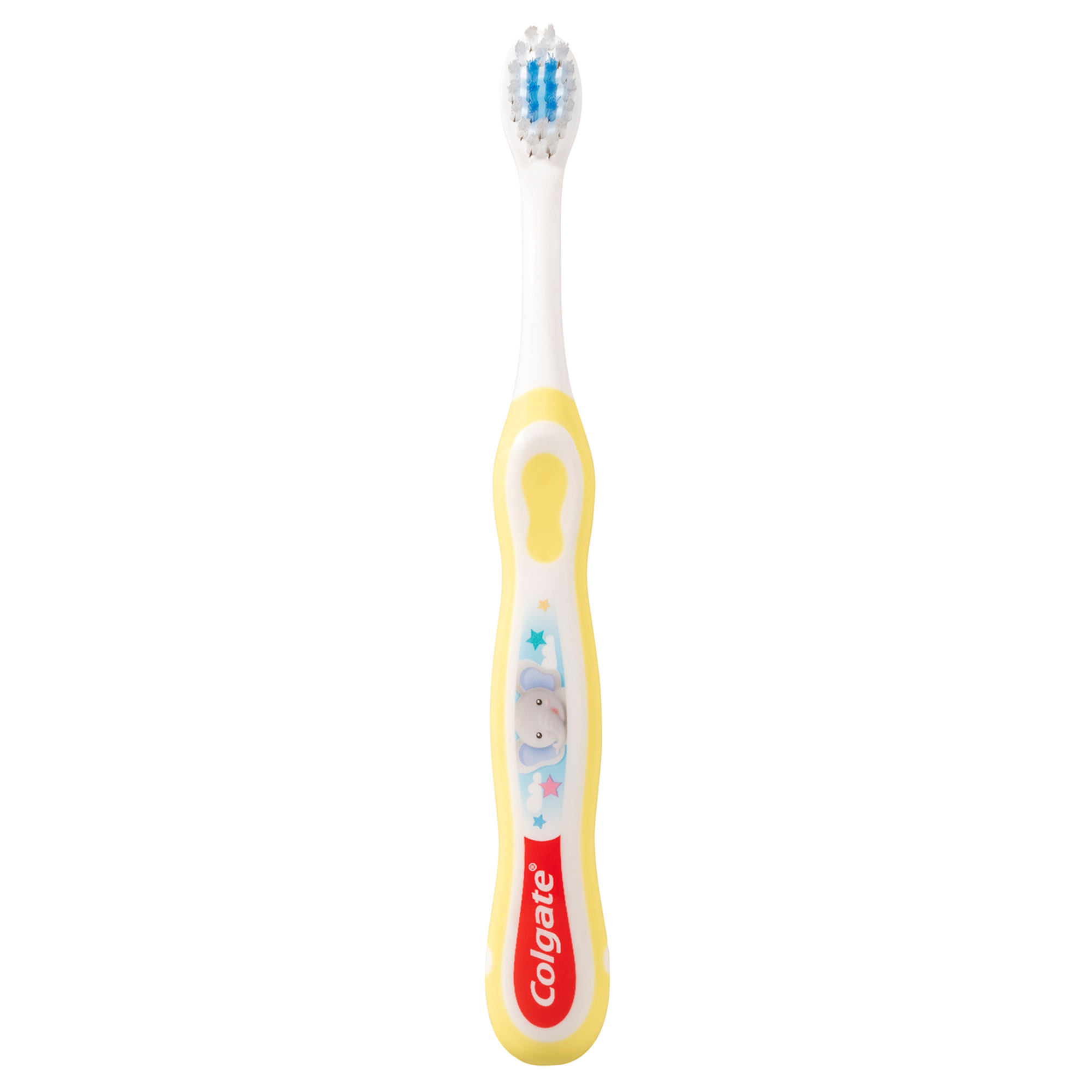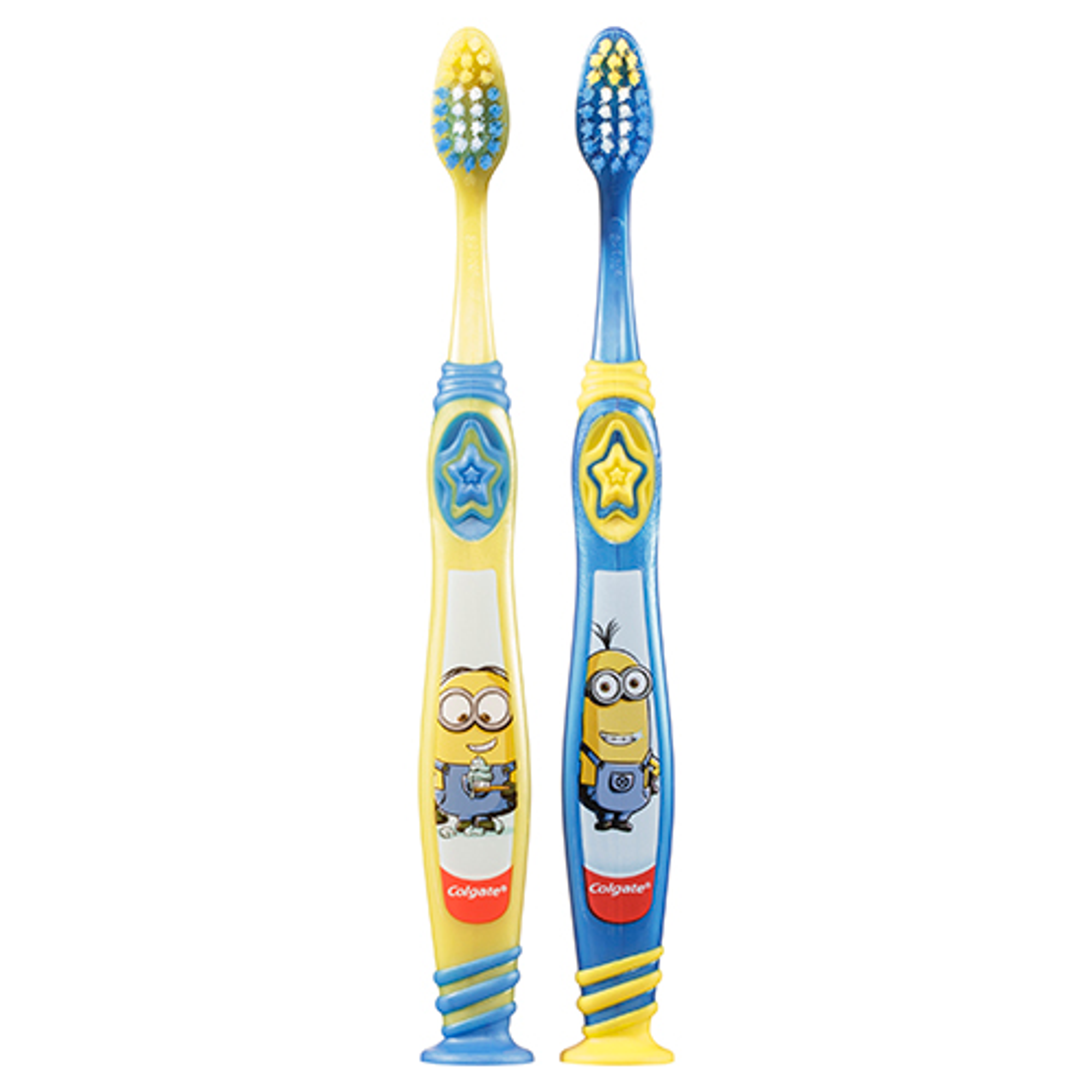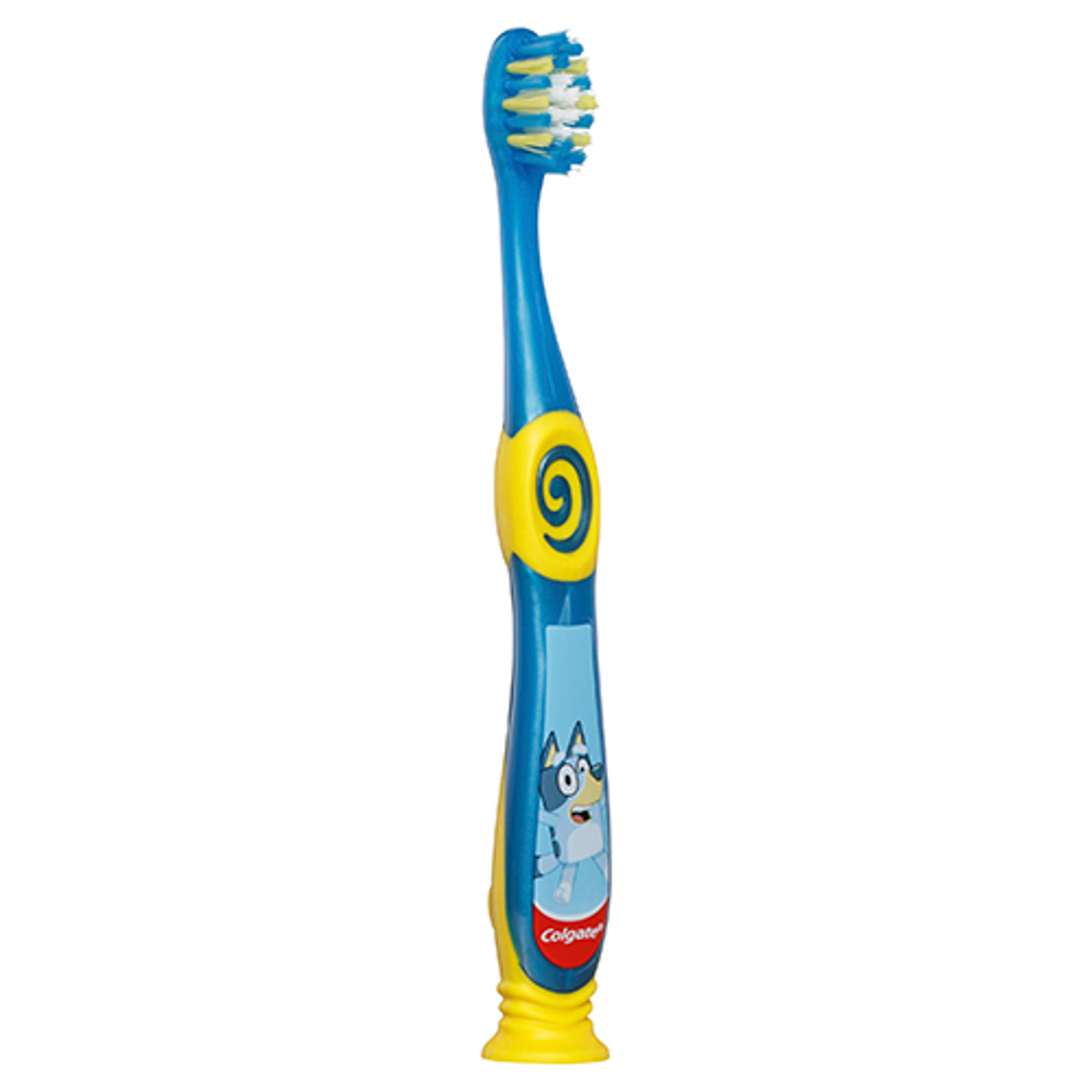-
-

BRUSHING & FLOSSING
How to BrushWhat Is the Right Way to Brush?
Proper brushing takes at least two minutes — that's right, 120 seconds!...

BRUSHING & FLOSSING
How To FlossWhat is the Right Way to Floss?
Proper flossing removes plaque and food particles in places where a toothbrush cannot easily reach... -
Science & Innovation
- Home
- Oral Health
- Top Teething Remedies For Babies: Helping Your Little One Overcome The Pain


The site of your baby’s first tiny tooth is one of many memorable milestones. Much like their first giggle – or first finger grab – these precious moments are worth treasuring. But before that first pearly white pops out, your baby will enter the teething stage. Occasionally, a tot can breeze through this stage. But more often, teething is associated with pain and discomfort, which can unsettle any parent. We’ve rounded up the top teething symptoms to look for, along with some tried and tested baby teething remedies to help ease the transition.
When will my baby start to teethe?
Typically, your bub’s first tooth makes its appearance at around six months – although it may be earlier or as late as ten months. The process typically concludes with all teeth erupting around the three-year mark. First, it’s the front incisors, then the first molars, followed by the canines, with the back molars coming in last. As there are 20 teeth to keep track of, many parents find a baby teething chart quite handy.
Symptoms of teething
Every child is different and will therefore experience different teething symptoms. While they could be one of the lucky ones who feel little pain and discomfort, you should be prepared for red, swollen, and sore gums. Some other signs are:
- Fussiness
- Trouble sleeping
- Irritability
- Loss of appetite
- Excessive drooling
These signs and symptoms are common and can be treated with a bit of love and parental common sense. However, if your child experiences vomiting, diarrhoea and a high fever, contact your GP or paediatrician immediately, as these are not teething symptoms and require professional medical advice.
Top teething remedies
While your child may be suffering a handful of teething symptoms, several teething remedies can counteract and relieve pain and discomfort, including:
- Gently massaging the gums with clean fingers or wet gauze
- Over-the-counter pain relievers specifically designed for babies
- A cold spoon
- A cold washcloth
- Cold teething rings made of firm rubber without liquid in the middle
- Pacifiers
As every baby is unique, you may have to mix and match to find the best combination of remedies that works for your little one.
Teething remedies to avoid
According to the Australian Dental Association, some baby teething remedies are best avoided. These include:
- Amber teething necklaces and bracelets - as they are a potential choking risk
- Medications added to your child’s food or bottle
- Adding sugar, honey or jam to a baby’s bottle or putting honey on a dummy. These can all cause dental decay.
The ADA also recommends you contact your dental professional or pharmacist for advice before using any pain medications or oral gels that may contain a local anaesthetic. According to Better Health Channel, anaesthetic gel can have active ingredients that can be dangerous for young children.
Teething is a natural part of life, and like everything in life, it doesn’t last forever. No parent wants to see their child suffer, but knowing what to look for and how to relieve any discomfort can also help alleviate distress for both you and your baby. And remember, always seek professional help if you feel you need more support or advice at this time.
This article is intended to promote understanding of and knowledge about general oral health topics. It is not intended to be a substitute for professional advice, diagnosis or treatment. Always seek the advice of your dentist or other qualified healthcare provider with any questions you may have regarding a medical condition or treatment.
Related Products

Helping dental professionals
More professionals across the world trust Colgate. Find resources, products, and information to give your patients a healthier future










